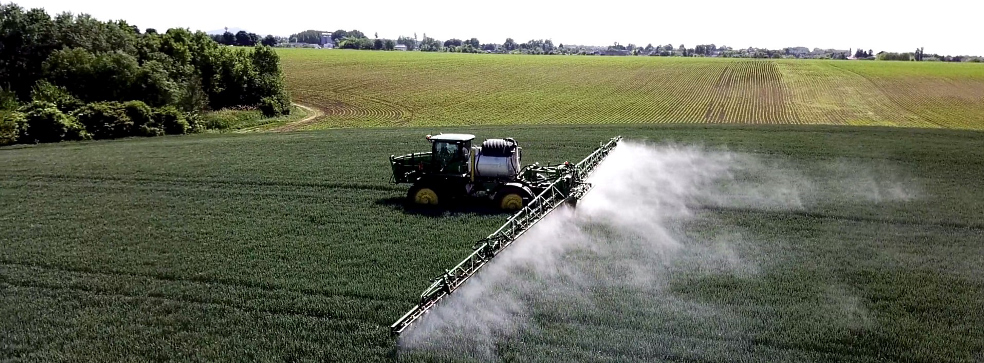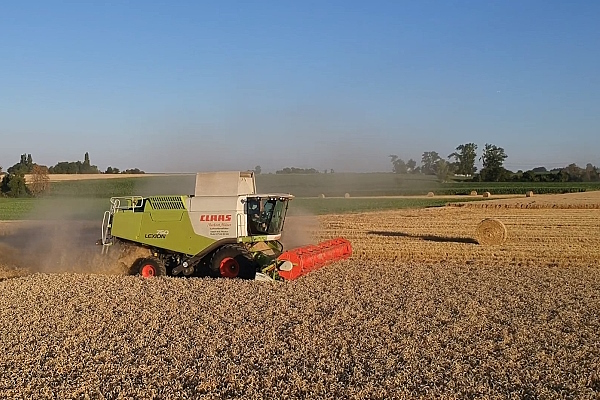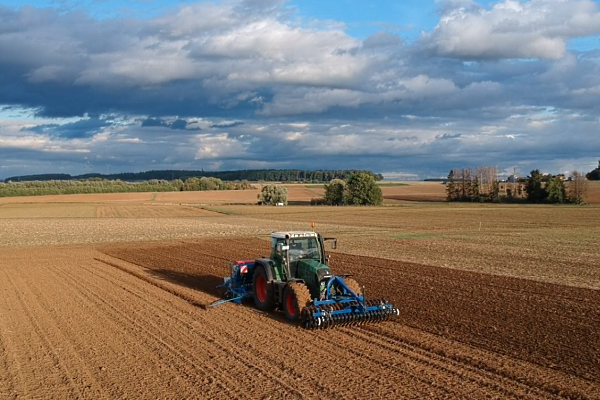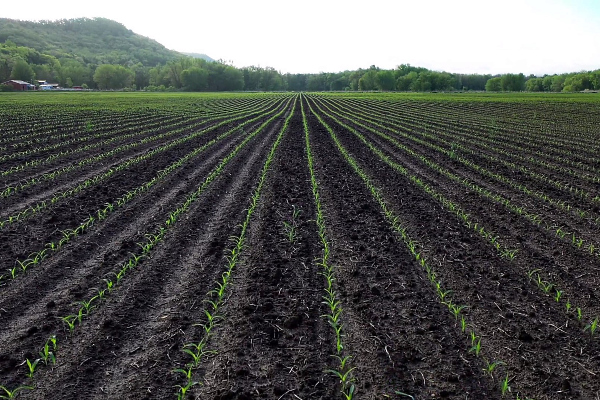After receiving the necessary documents and project presentation, our team will try to review your request as soon as possible, and leading experts will offer the best options for project funding.
These loans are generally more flexible than bank loans and can be used for a variety of purposes such as buying land, purchasing farm machinery and equipment, or financing crop production.
In this article, we will look at the advantages and disadvantages of agricultural loans issued by private investors.
If you need a large loan for an agricultural project, please contact GCAM Investment Group. In addition to financing agribusiness, we provide financial engineering services and support at any stage of the project.
The mechanism of agricultural loans issued by private investors
This type of loans is provided to farmers or agricultural enterprises by private investment funds or individuals.This implies a key difference from traditional loans issued by banks, namely, flexible terms for raising capital and greater opportunities for negotiations. These loans can be used for a variety of purposes, including the purchase of agricultural inputs such as seeds, fertilizer or equipment, wages, or investments in infrastructure such as irrigation systems.
Agricultural loans are an essential component of the financial ecosystem, providing agribusiness with capital and allowing it to expand and modernize production.
While traditional sources of borrowed funds such as banks and governments have been the main providers of these loans for many years, private investors have increasingly entered the market in recent decades.
The rise in private investment in agricultural loans can be attributed to several factors, including the growing demand for sustainable and socially responsible investment, the potential for adequate returns, and the desire to diversify investment portfolios. Funds and large private investors can provide long-term financing to farmers who may not have access to traditional sources of capital due to low credit scores, limited collateral, or lack of a strong credit history.
Private investment in agricultural projects can take many forms, including direct loans to farmers, investment in agricultural funds, and participation in peer-to-peer lending platforms. Direct agribusiness loans are often structured as asset-based loans, where the value of collateral (such as land or crops) is used to determine the maximum loan amount. Participation in specialized funds allows investors to pool their resources and gain access to a diverse portfolio of agricultural loans, reducing the risk associated with investing in a single loan.
Peer-to-peer lending platforms provide a market where investors can directly fund loans to individual farmers, often with reduced fees and more control over the lending process.
Advantages and disadvantages
Agricultural loans from private investors have numerous benefits for both farmers and private investors.First, they give farmers access to finance they cannot get from traditional sources such as banks. Many agricultural producers do not have enough collateral, credit history or the necessary documents to obtain loans from banks. Private investors are often more flexible in their lending criteria and may be willing to take on more risk than banks.
Second, private agricultural loans can be issued at lower interest rates than traditional bank loans. This is because private investors are often interested in more than just financial returns; they may also have social or environmental objectives. For example, some investors may be interested in promoting sustainable agriculture or supporting local communities. These investors may be willing to offer loans at lower rates to achieve these goals.
Third, private agricultural loans can provide farmers with technical assistance and other forms of support. Some private investors work closely with agribusiness to improve their farming practices, provide financial management training, or provide marketing advice. This support can help farmers increase yields, reduce costs and increase their income.
In general, specialized investment funds and private investors may be more inclined to work with agricultural producers in certain niches to create a loan package tailored to their specific needs. For example, a private investor may want to provide a loan covering the cost of both land and equipment, while a bank may require separate loans for each.
Banks can have lengthy application processes that require extensive documentation and evaluation of a particular project.
Private investors can provide funding faster because they can have a more streamlined application process and fewer bureaucratic hurdles.
On the part of capital providers, one of the benefits of investing in agricultural loans is the potential for attractive returns. According to a recent World Bank report, agricultural loans have historically paid higher returns than other forms of debt investm*ent. This is partly because agricultural loans are often backed by assets with material value, such as land and crops, and are typically accompanied by higher interest rates to offset the perceived risk.
Investment funds and large private investors can benefit from this higher potential as well as boost the growth of the agricultural sector.

Limitations of agricultural loans issued by private investors
While private agricultural loans have many advantages, they also come with some limitations.First, non-specialized funds and private investors may have limited knowledge of the agricultural sector. This can lead to a misunderstanding of the risks and challenges faced by a particular project, leading to inappropriate loan structure or unrealistic repayment terms. In addition, private investors may not have the necessary experience to provide professional organizational, engineering and technical assistance to farmers.
Second, private investors may find it difficult to assess the creditworthiness of borrowers. Unlike banks, these providers of capital may not have access to credit history data or other forms of information about the creditworthiness of potential borrowers.
On the other hand, they may rely on alternative channels of information, such as informal business contacts or personal relationships. This may lead to bias or discrimination against certain groups of agricultural enterprises.
Third, agricultural loans issued by private investment funds may have higher default rates than traditional bank loans. This can be explained by the fact that farmers face numerous risks, such as risks associated with weather, pests, plant diseases, as well as high volatility in the agricultural market. Private investors may not have the necessary risk management tools or insurance products to effectively manage these risks. In some cases, private investors may require higher interest rates to compensate for the perceived risk involved in lending to farmers.
Finally, private investment in agricultural loans may not address the underlying issues that have led to a lack of access to traditional sources of capital for farmers. These issues may include systemic discrimination against minority farmers, the consolidation of the agricultural sector, or a lack of investment in rural infrastructure and so on.
A promising way to finance agricultural projects
Agricultural loans issued by private investors can be a valuable source of capital for farmers who are looking to expand their business through the expansion of sown areas, the purchase of new equipment, the modernization of agricultural machinery and other capital-intensive instruments.They can be more accessible and flexible than traditional bank loans, and they may be able to provide funding more quickly.
However, agricultural enterprises should carefully consider their options and choose the loan that best meets their specific needs and financial situation.
Large agricultural loans issued by private investors have had a significant impact on the production of cereals, oilseeds, fruits, vegetables, wines, timber, rubber and other agricultural products. Firstly, they have helped to increase access to finance for individual farmers and agribusinesses. This has led to increased productivity, higher yields, and improved livelihoods for farmers and their families.
Private agricultural loans have also helped to promote sustainable practices in agriculture. Many investors have social or environmental goals, and they may require agribusiness to adopt sustainable farming practices as a mandatory requirement for obtaining a loan. This has led to increased adoption of measures such as conservation agriculture, organic farming, or agroforestry.
In conclusion, private investment in large agricultural loans is a growing trend that has the potential to benefit both investors and agribusiness. Investors can provide much-needed capital to farmers who may not have access to traditional sources of long-term funding.
If you are looking for a large source of capital for your agricultural project, contact GCAM Investment Gruop at any time.
We finance large investment projects in dozens of countries around the world, offering our customers flexible financial models and advanced tools tailored to the needs of a particular business.






















